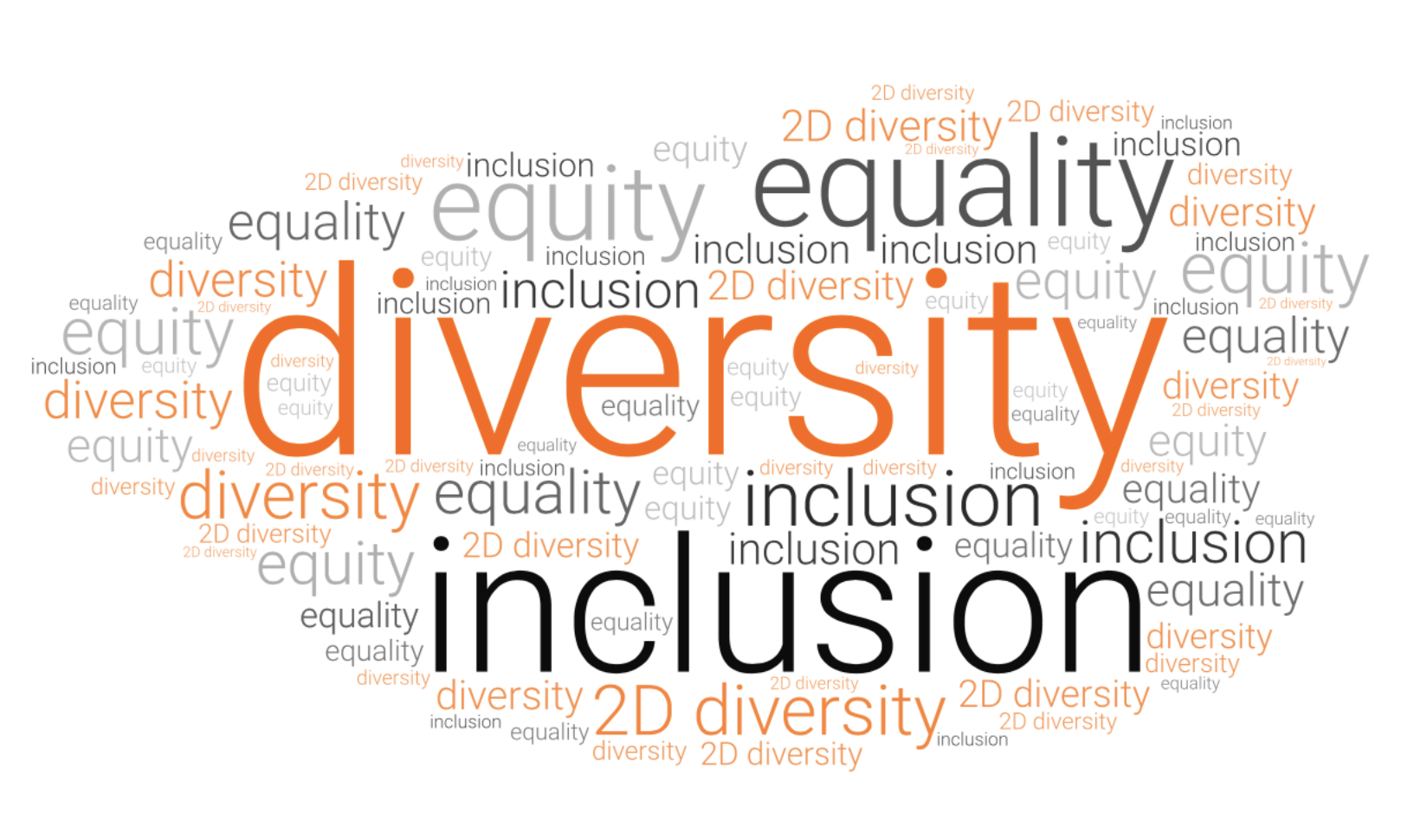Diversity, Inclusion & Ethical Leadership in Corporate Governance
Corporate governance has moved beyond the narrow focus of compliance and shareholder returns. Today, diversity, inclusion, and ethical leadership are recognized as central pillars of good governance.

Boards that embrace inclusivity and prioritize integrity are better equipped to navigate complex risks, attract investor confidence, and sustain long-term value creation. This article explores how diversity strengthens governance, why ethical leadership matters, and what practical steps organizations can take to embed these principles into their governance structures.
One of the most visible aspects of inclusive governance is board composition. A diverse board brings together leaders with different backgrounds, experiences, and perspectives, which reduces the risk of groupthink and strengthens decision-making. Effective boards go beyond token representation by adopting structural reforms such as term limits, transparent nomination processes, and diversity audits. Countries like Norway have pioneered mandatory gender quotas for boards, while in markets such as the United States, stock exchanges like Nasdaq have introduced rules requiring listed companies to disclose board diversity. These measures reflect a growing consensus that diversity is not optional but a governance imperative.

The benefits of diversity are more than symbolic. Research consistently shows that companies with gender- and ethnically diverse boards outperform their peers financially and operationally. Diverse boards are also more diligent in identifying risks, challenging management assumptions, and ensuring accountability. For example, a study by McKinsey found that firms in the top quartile for gender diversity were 25% more likely to achieve above-average profitability, while ethnically diverse companies outperformed by 36%. Investors, particularly ESG-focused funds, increasingly view board diversity as a marker of strong governance and long-term resilience.
Equally important is the role of ethical leadership in shaping corporate culture. Governance is not only about policies and structures but also about the tone set at the top. Leaders who prioritize integrity, fairness, and accountability create an environment where employees feel empowered to speak up, report misconduct, and contribute to ethical decision-making. Conversely, when leadership ignores or tolerates unethical behavior, the consequences can be catastrophic. The collapse of Enron in 2001 serves as a stark reminder of how failures of ethical leadership can destroy entire organizations and trigger sweeping regulatory reforms such as the Sarbanes-Oxley Act.
Embedding Ethics and Sustainability into Corporate Governance
On the other hand, companies like Unilever demonstrate the power of embedding ethics and sustainability into governance. Under its “Sustainable Living Plan,” Unilever aligned business strategy with social and environmental responsibility, earning both consumer trust and investor loyalty. This example highlights that ethical leadership is not a compliance burden but a driver of innovation, reputation, and long-term value. Boards can reinforce these values by introducing annual ethics surveys, linking executive incentives to responsible conduct, and ensuring independent oversight of misconduct investigations.

Legal experts and compliance officers increasingly argue that diversity and ethics are no longer “soft issues” but fundamental governance obligations. Regulators in multiple jurisdictions are mandating diversity disclosures, while institutional investors pressure boards to demonstrate measurable progress. Academics, meanwhile, provide evidence linking inclusivity with improved oversight and resilience. As one compliance officer observed, “Board diversity isn’t just optics; it reduces liability risks by broadening oversight capacity.” This convergence of legal, academic, and practical perspectives underlines the urgency of reform.
In conclusion, boards that embrace diversity, foster inclusion, and champion ethical leadership are not only meeting regulatory expectations but also building stronger, more resilient organizations. Practical steps such as conducting governance audits, establishing diversity committees, and reinforcing whistle-blower protections can make these principles tangible. By learning from both failures like Enron and successes like Unilever, boards and regulators can strengthen governance frameworks to meet the demands of a rapidly evolving business environment. Ultimately, inclusive and ethical governance is not a trend but a necessity for corporate survival and sustainable growth.










Post a comment